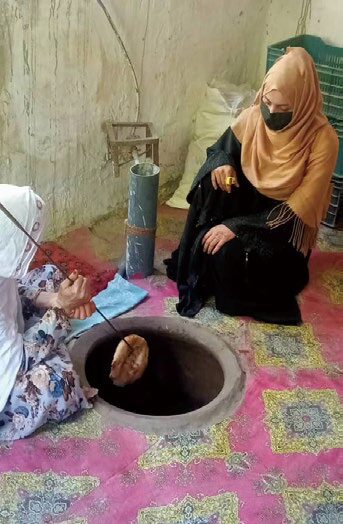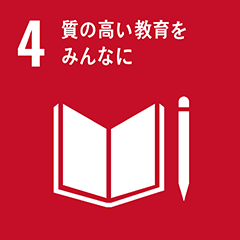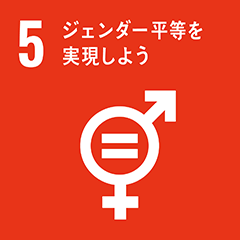Inochi Declaration
Ensure that all people—especially women—have access to education, to build a world where every person can live in safety and dignity, and to break the cycle of poverty.
Achieving equality for women is not only a matter of protecting women’s rights; it also contributes to the creation of a peaceful, prosperous, and sustainable world. Equality is essential for social stability, health, sustainable growth, and resilience in the face of disasters. Among the many components of gender equality, education is paramount.
Educated women are more likely to earn higher incomes, are less likely to marry in childhood, and tend to have fewer children. Fewer childbirths reduce physical strain and lower the risk to both mother and child during delivery. Moreover, the children of educated women are less likely to suffer from infant mortality or malnutrition. Education empowers women with the ability to make informed decisions in their livesand reduces their risk of facing discrimination and violence.
Educated women also tend to invest in the future of their children and communities. They are more likely to send their children to school and engage in actions that benefit the entire community. These communities in turn prosper and grow economically, providing more children with access to education. As discrimination decreases, gender-based violence also declines, paving the way for sustainable economic activity and disaster-resilient communities. In this way, ensuring women have equal access to education leads not only to the empowerment of women, but also to greater safety and security for society as a whole.
JEN (Japan Emergency NGO), an international NGO supporting people in vulnerable conditions due to conflict or natural disaster under the motto “Supporting the Power to Live,” has promoted education for girls and the empowerment of women across various regions of the world.

Supporting education by enabling women to work, such as through bread-baking
In many places, however, women still face harsh conditions. In conservative areas of countries like Afghanistan and Pakistan, it is not culturally acceptable for women to work outside the home. If the male primary earner passes away or becomes unable to work due to illness or injury, the family may fall into poverty. In such cases, young boys often have no choice but to sell goods on the street to support their families. However, if women had access to education, they could engage in home-based work such as sewing or baking, enabling their sons to return to school and thereby breaking the cycle of generational poverty. Unfortunately, due to lack of education, many women are unable to find employment or support their families, and their children are forced to work—trapped in a vicious cycle. It is essential to ensure that these women can earn an income and take charge of their own futures.
JEN is developing programs that enable women, especially female heads of households, to support their families. These programs provide education and training for home-based work that allows women to earn income without leaving their homes. Specifically, JEN aims to enable at least half of the women in Nangarhar Province, Afghanistan to receive education by 2030, and to build a world by 2035 in which women can care for themselves, support their families, and live with dignity.
The Inochi Forum will work with diverse organizations to break the cycle of poverty and build a world where every person can live in safety. Together, we will expand global efforts to ensure all people—especially women—have access to education.
[References]
・Global Gender Gap Report 2024 (World Economic Forum)
https://www.weforum.org/publications/global-gender-gap-re-port-2024/
・The Cost of Not Educating Girls (World Bank) https://documents1.worldbank.org/curated/en/775261531234655903/pdf/128171-replacement-HighCostOfNotEducatingGirls-Web.pdf
・Impact of Women Education on Child Health
https://www.researchgate.net/publication/357270826_Impact_of_Women_Education_on_Child_health
・Certified Nonprofit Organization JEN
[Action Platform]
Peace and Human Rights
[SDGs]




